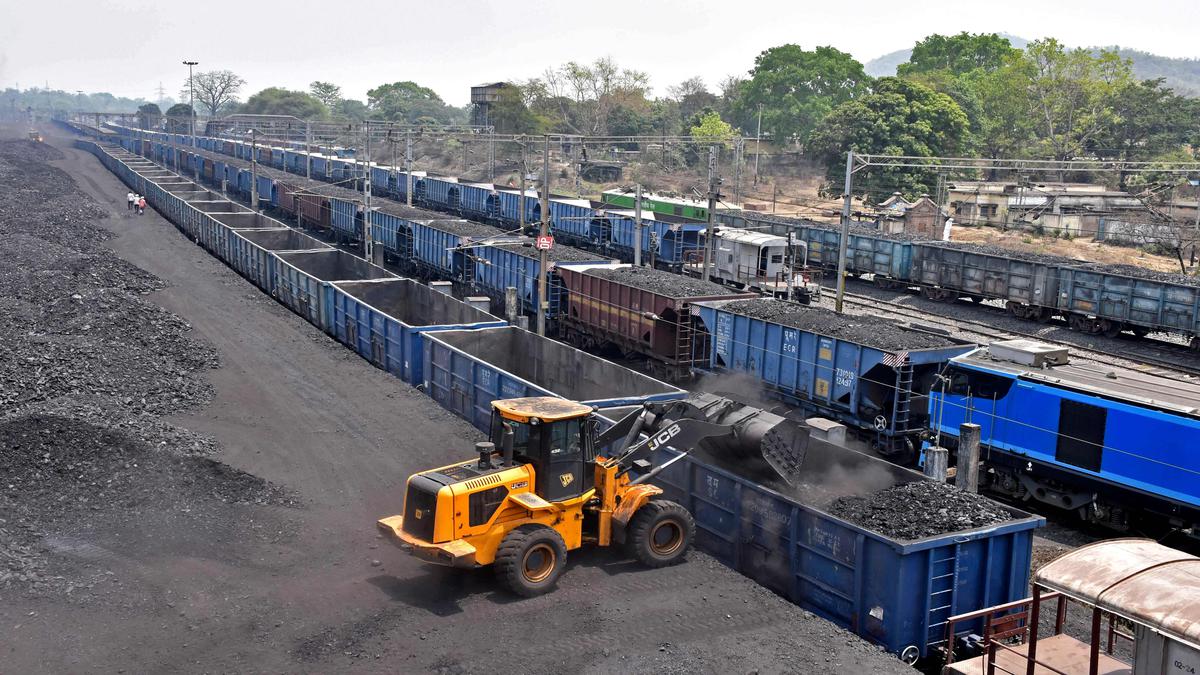Articles for Discoms, search results for need

1 year, 6 months ago

2 years, 7 months ago

2 years, 9 months ago

3 years, 11 months ago
)